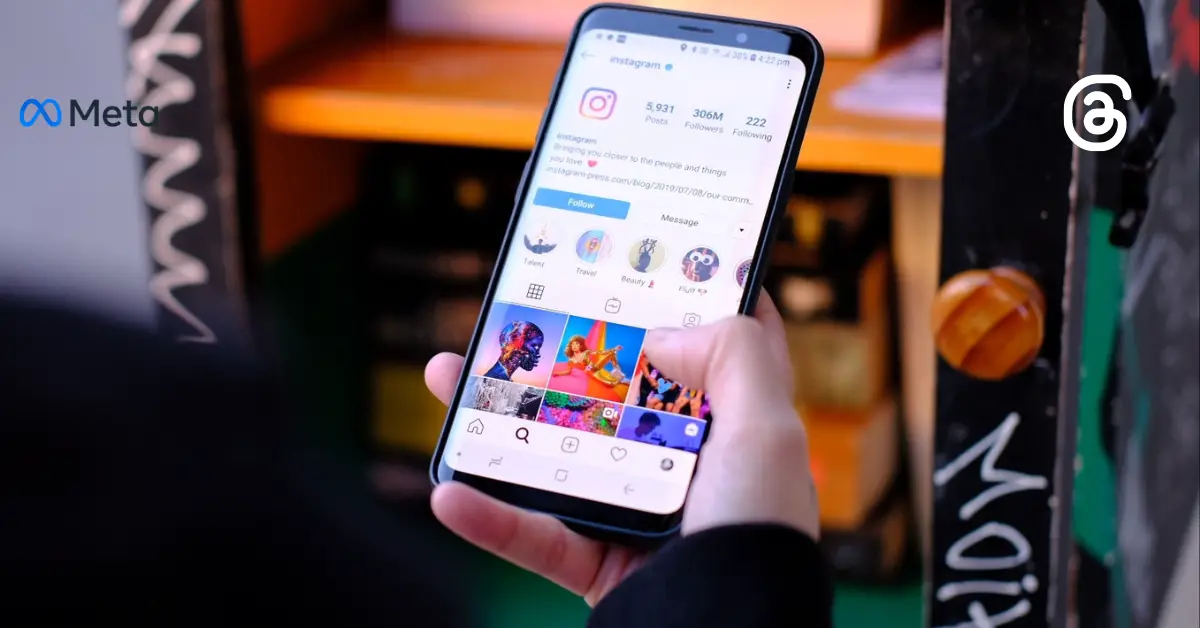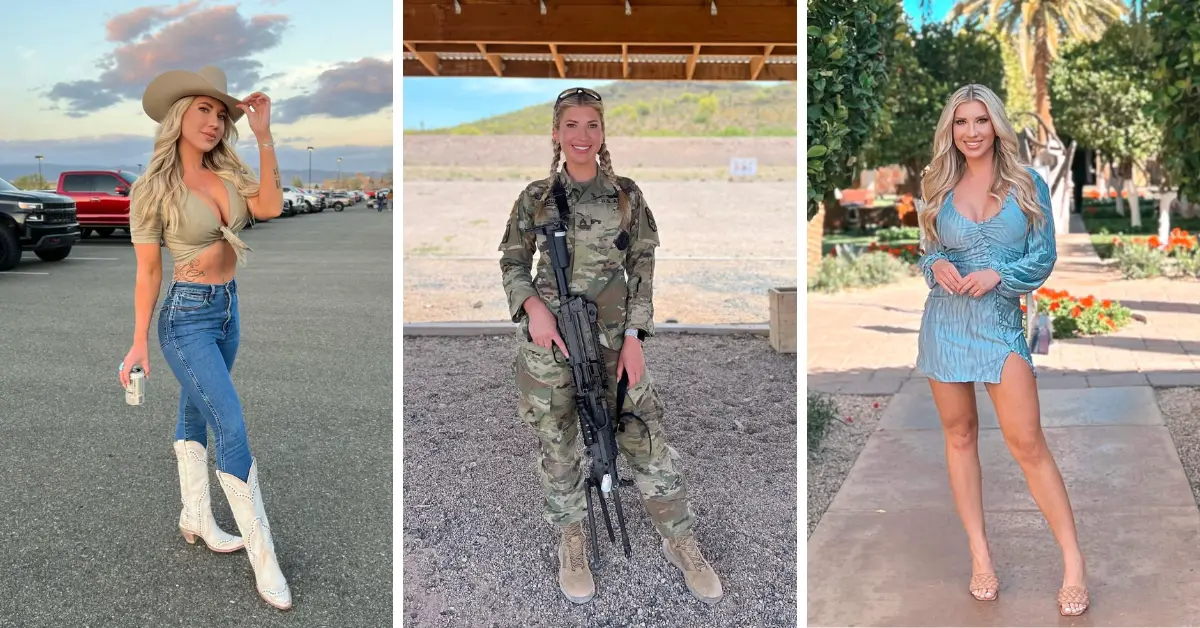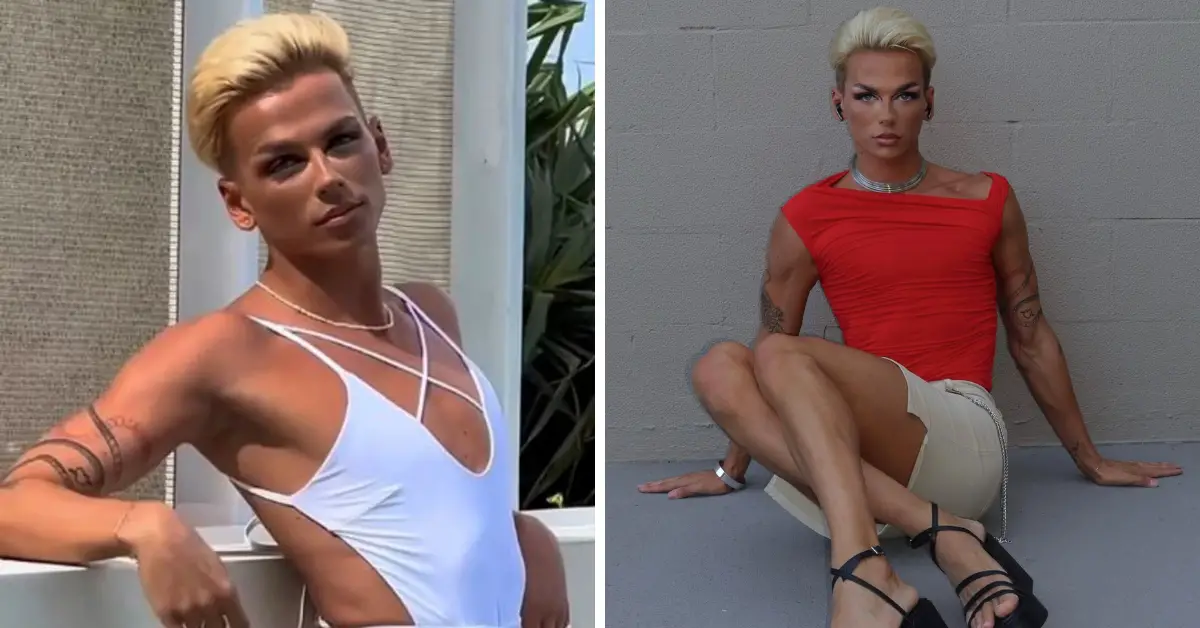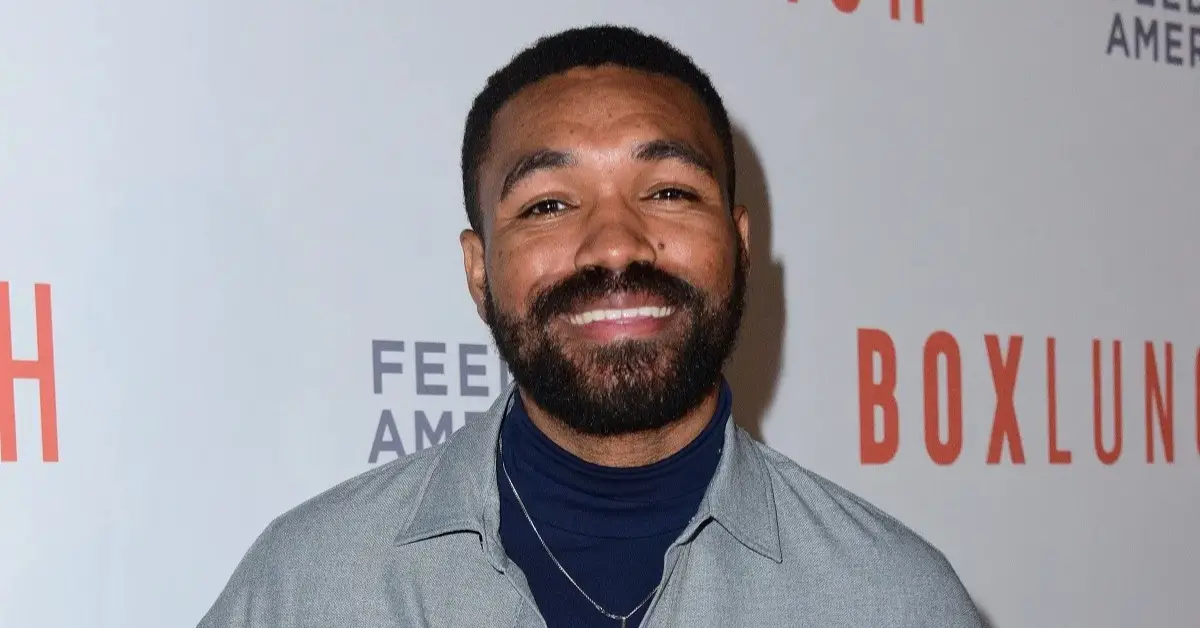Meta’s move to dial back on political posts on Instagram and Threads has everyone talking. How will this affect our talks on big issues? Dive into the debate on content control and free speech.
Table of Contents
What Does “Political” Even Mean?
In a move that has caused quite a stir online, Meta, which owns Instagram and Threads, has said it will start limiting its sharing of “political” content.
However, here is the kicker: they have not clarified what they mean by “political.”
This decision, spearheaded by Mark Zuckerberg himself, will change how we talk about big issues on these platforms.
However, many wonder what will and will only be cut with a clear definition.
The Big Announcement
Adam Mosseri, a big shot at Meta who looks after both Instagram and Threads, shared that the company plans to dial down on boosting political content.
The idea is straightforward: you will still see posts from people you choose to follow, but Meta will stop suggesting political content to a wider crowd.
Mosseri says this is all about giving users the choice to see or not see political posts, depending on what they are into.
Why People Are Talking
Only some people are thrilled about this, however.
Some, like writer Judd Legum and billionaire Mark Cuban, are worried about how Meta decides what is “political.”
With elections around the corner, the timing could not be more critical.
Could important information get lost in the shuffle because it is labeled “political”?
Meta’s Side of the Story
Meta is trying to justify its decision by saying that defining “political” content is tricky and that its approach might change as it learns more.
However, that is doing little to calm people down.
There is a lot at stake here, from climate change discussions to human rights debates, and critics argue that Meta might be putting profits before the public interest.
So Many Questions
The uncertainty around this policy means there is a lot we do not need to know.
For example, will posts about tech companies fighting fake news get the axe?
What about celebrities voicing their political opinions?
Moreover, let us not forget about news outlets that cover the White House or the 2024 election.
Will they have to rethink how they use Instagram and Threads?
Wrapping Up
Meta’s latest move is a big deal in the ongoing conversation about social media’s role in our lives.
While avoiding upsetting people with too much divisive content might sound like a good idea, the lack of clear guidelines has worried more than a few people.
As we all try to figure out what this means for the future of chatting about big issues online, one thing is for sure: the debate over how much control social media companies should have is far from over.




